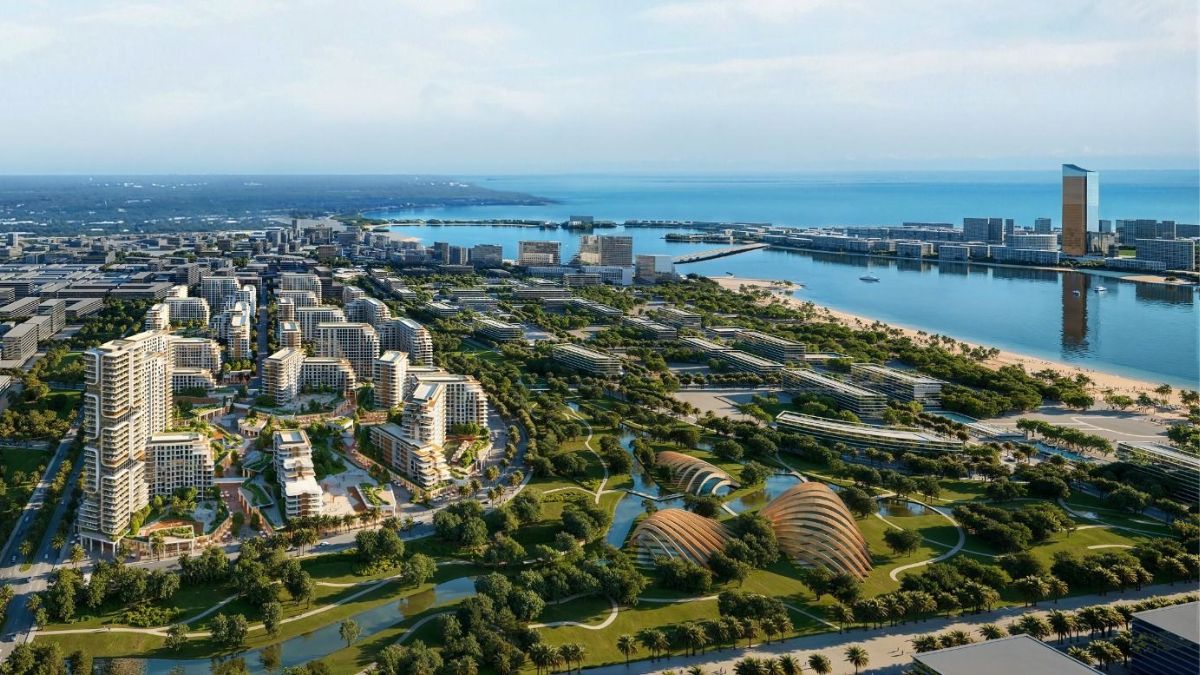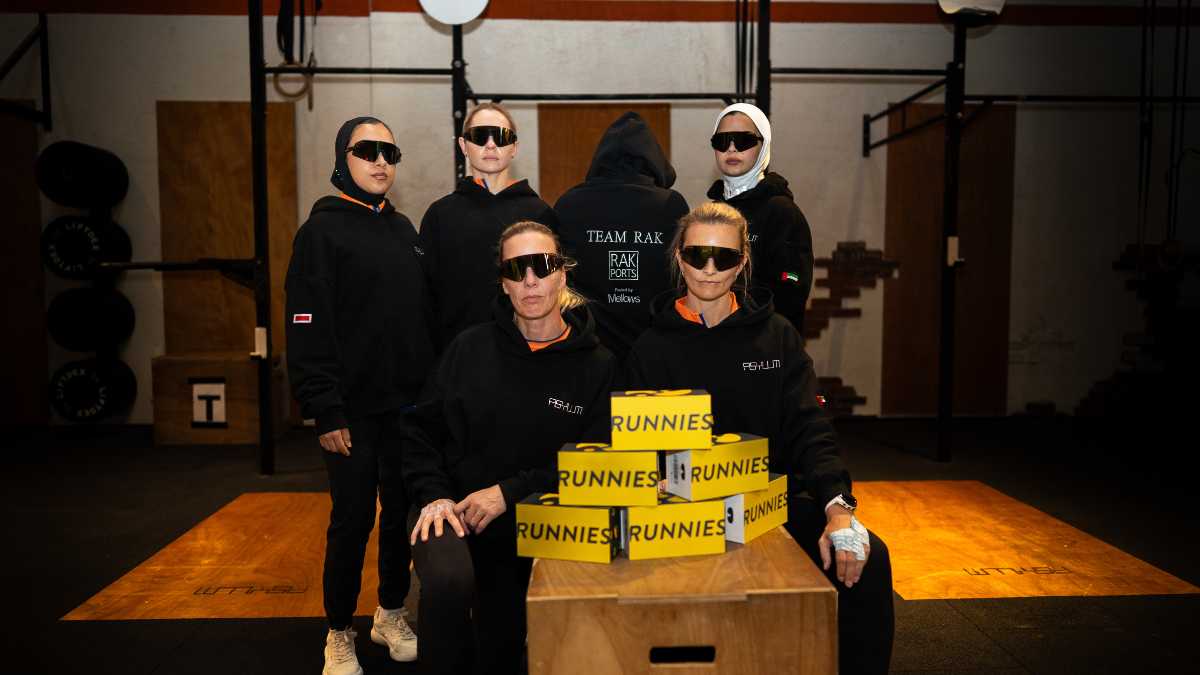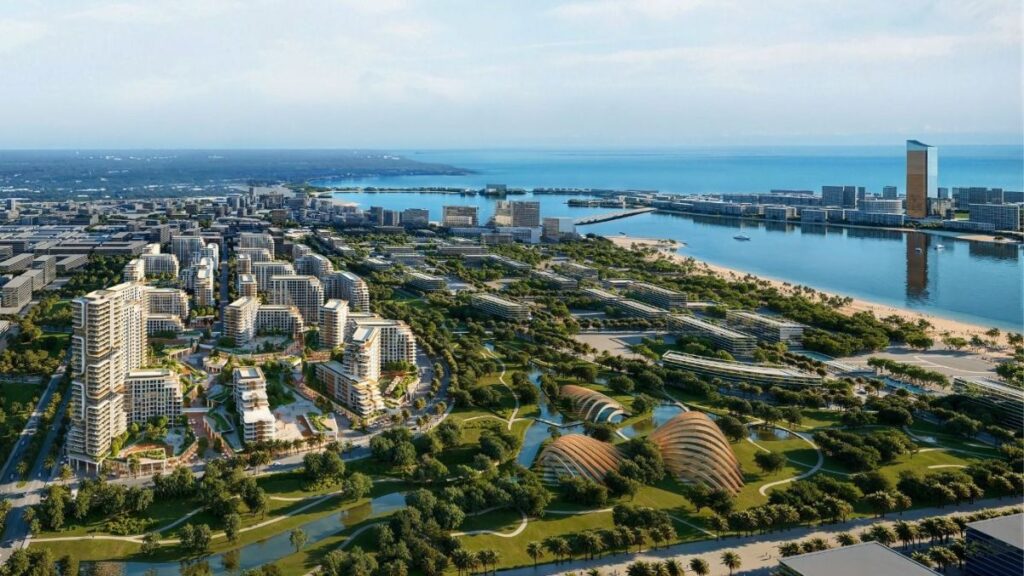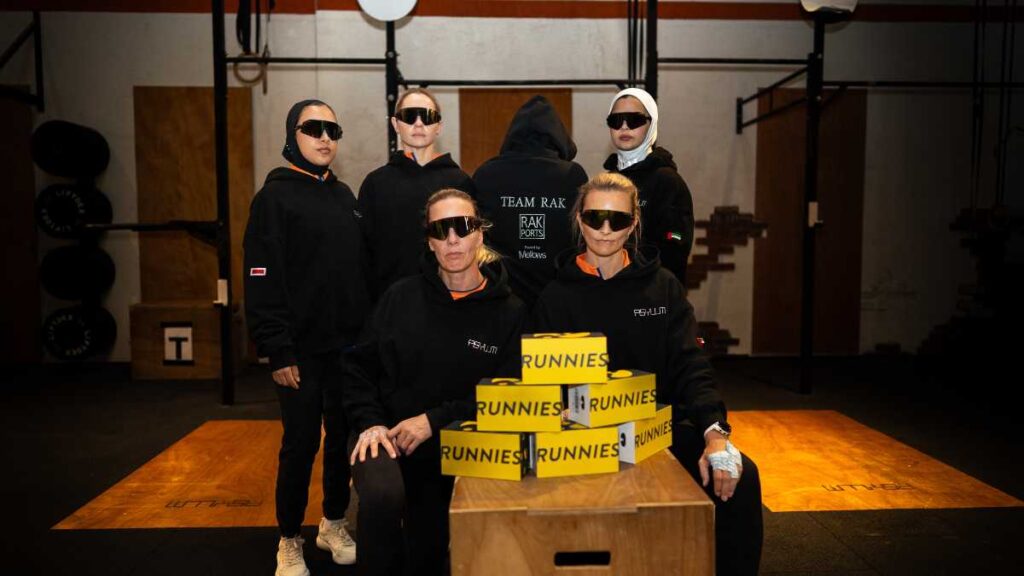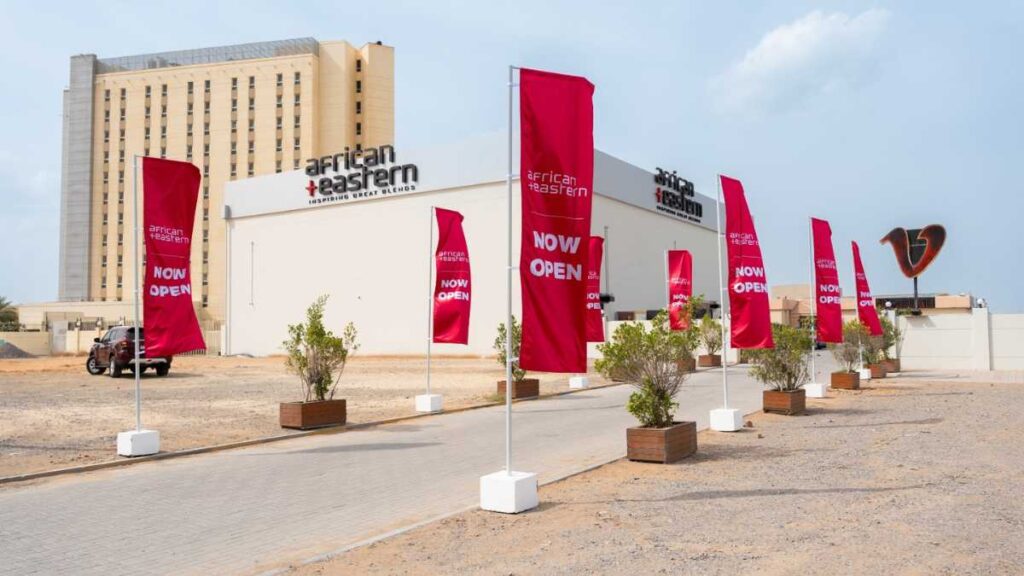Building the future begins with an in-depth and accurate understanding of “our reality, where we use scientific methods and aggregate precise field data to outline the community’s needs and requirements”, the Ruler of Ras Al Khaimah has said.
His Highness Sheikh Saud bin Saqr Al Qasimi, Supreme Council Member and Ruler of Ras Al Khaimah, said this via a video message as authorities announced its General Population, Housing and Establishments Census Project. The Ras Al Khaimah Statistics Centre will carry out the project from November 1.

“In recent years, we have been able to achieve tremendous progress and we have reaped the rewards of these successes in all facets of our lives. We seek to consolidate these achievements and build an even brighter future, one that surpasses the aspirations of the people of Ras Al Khaimah.
“We are confident that this project will contribute to achieving our comprehensive development objectives by providing statistical data to authorities across the Emirate, enabling each to formulate plans and policies that will enhance quality of life for everyone. The success of this vital project requires a concerted effort, and the cooperation of all members of our society.”
Sheikh Saud stressed the importance of accurate data in decision-making and policy formulation. “And with that in mind, we have issued directives to launch the General Population, Housing and Establishments Census Project 2023.”
Once the population census data is complete, the centre will present the results to various government entities. The census results will also be made available to the public, including private-sector companies planning to invest in Ras Al Khaimah.

Two phases
Field operations for the census will be conducted in two phases to ensure that all geographical areas of the Emirate are covered and all residents counted.
Phase one – Listing – will extend for the full month of November. Teams of Ras Al Khaimah Statistics Centre fieldworkers will identify and list all residential, business, and real estate units across all geographic and administrative locations, conduct interviews with eligible household members and record data using predesigned and tested questionnaires.
The second phase – Enumeration – will take place from February 1 to 28, and will see fieldworkers return to the listed residential units identified in phase one to collect data on household members ranging from basic demographics and population dynamics to variable and social characteristics, such as educational enrolment and level, marital status, age at marriage, participation in the labour force, occupation, type of economic activity, and durable goods and assets of the household.
The fieldwork will be conducted by a team of over 400 trained interviewers, who will observe stringent protocols and ensure the privacy of individuals and households. This will be facilitated through several months of in-house mapping, utilising the most up-to-date satellite imagery provided by Ras Al Khaimah Municipality, addressing geographical and administrative regions, districts and sub districts.
Fieldworker teams will be made up of Arabic speakers, supported by a team of translators.
The Ras Al Khaimah Statistics Centre has urged residents and business owners to cooperate with the fieldworkers and provide accurate information.
In line with the Statistics Act, data collected at all levels – individual, household and business establishment – will be confidential and not revealed under any circumstances.



